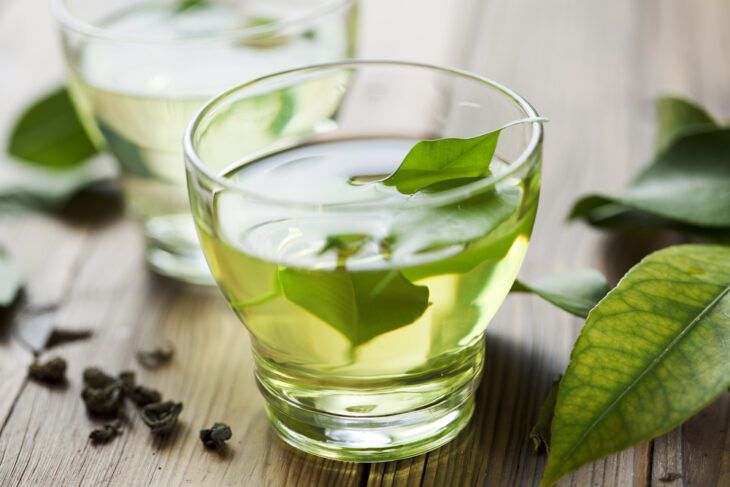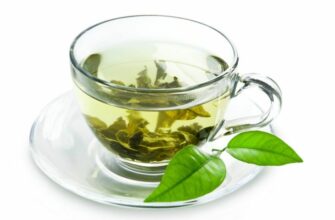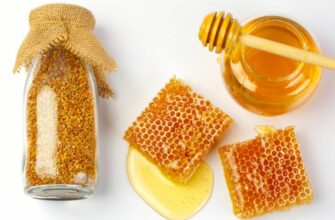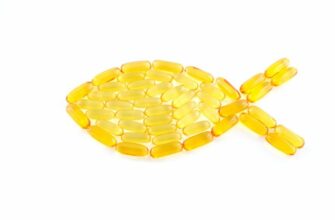L-theanine isn’t exactly a household name just yet, but it sure seems like more and more people are asking about it every day. It’s easy to understand why. A quick glance at the list of its potential benefits is enough to intrigue even the most skeptical among us.
What exactly is L-theanine? Is it safe? Today, we’re going to present as many answers as the scientific community can provide and hopefully give you yet another thing to talk about while hanging around your gym’s water cooler.
What Is L-Theanine?
You may already be an active consumer of L-theanine and not even know it yet. As a naturally occurring compound in black and green teas, trace amounts of L-theanine can likely be found in most of our bloodstreams. Tea is the second most consumed beverage in the world after all.
It’s an amino acid that was discovered as a component of green tea way back in 1949 and has been consumed safely ever since. L-theanine has since been extracted and is popularly supplemented in pill or tablet form.
Benefit: Stress Relief
Many around the world reach for a warm cup of tea to close out a long and stressful day and the scientific data may explain why. L-theanine has been shown to be capable of relaxing the mind without causing drowsiness. This study concluded that 200 to 400 milligrams (mg) of L-theanine per day can assist in reducing anxiety and acute stress in people experiencing stressful situations.
Much more research needs to be done on the stress-relieving benefits of regular L-theanine consumption but the data that we do have is no doubt encouraging.
Benefit: Focus
We could all use a mental boost when taking on a particularly challenging cognitive task. Might we suggest 97 mg of L-theanine and 40 mg of caffeine?
One study was able to establish a concrete link between that supplementary cocktail and significantly improved task accuracy and self-reported alertness. Something to consider next time you find yourself running to the vending machine.
Benefit: Cognitive Performance
More than just focus, L-theanine may contribute to improved cognitive performance in those who consume it regularly.
Based on some of the findings thus far, L-theanine could improve a person’s reaction time, alertness, and learning ability. However, some studies are claiming the contrary too, which is why the scientific community at large is urging more research.
Benefit: Better Sleep
Mixing in a little L-theanine into your nightly sleep routine may do more than help you de-stress and unwind. L-theanine supplementation played a big role in decreasing sleep latency and improving NREM sleep in this study.
In another study, participants described enjoying greater sleep satisfaction after 8-weeks of daily L-theanine supplementation. If you struggle with sleep every night you might want to consider L-theanine.
Benefit: Lower Blood Pressure
High blood pressure, and the laundry list of health complications that derive from it, is an endemic problem for much of the modern world. All the more reason to be particularly excited about the research surrounding this truly wondrous amino acid.
The stress-reducing effect of consuming L-theanine may also decrease an individual’s blood pressure over time. After all, reducing your stress is often recommended for those with high blood pressure.
Benefit: Weight Loss
Foodies may be familiar with the term Umami, but let’s briefly break it down for those of you out there that don’t subscribe to the FOOD network. Umami is basically another word for savoriness and is considered one of the five basic tastes alongside saltiness, sweetness, bitterness, and sourness. You experience it a lot when eating cooked meats and broths.
Apart from being delicious, umami flavoring has been linked to increased feelings of fullness and a reduction in appetite. This is where L-theanine comes in. L-theanine is largely responsible for the umami flavor of green tea. Though research is limited, the theory posits that L-theanine consumption may make you feel fuller longer, and in turn suppress your appetite.
Benefit: Improved Immune System
There’s something to be said for L-theanine’s ability to help the body fight off colds and flu. What limited evidence we do have points to a few incredible benefits that supplementation can have on the function of the immune system.
The research also touts L-theanine’s anti-inflammatory properties, which may play a role in fighting off illness too.
Benefit: Strengthens Cancer Treatment
Nobody is telling you to self-diagnose or self-prescribe medications. That’s your doctor’s job. All we’re here to do is shine a light on the early-stage potential of L-theanine supplementation.
Doxorubicin is a popular chemotherapy drug, and some limited animal research has displayed increased effectiveness when administered in tandem with L-theanine.
Side Effects
Currently, there are no known side effects to L-theanine consumption or supplementation. It’s currently classified as generally recognized as safe by the Federal Food and Drug Administration (FDA), and that doesn’t look like it’s about to change anytime soon either.
Through the consumption of tea, L-theanine has been leaned on safely by human civilization for centuries and it looks like there’s no need to stop now.
Risks
As far as risks are concerned, there are a few things to note. Though consuming L-theanine through tea is perfectly safe, it’s important to recognize the reality of purchasing supplements. The dietary supplement industry is largely unregulated, which is something to keep in mind whenever you purchase supplements.
If you are currently relying on other forms of medications as prescribed by your doctor, it may be best to consult them before supplementing with L-theanine. L-theanine may interact with your current prescription in unforeseen ways, so it’s always safer to seek advice from a medical professional.
The Takeaway
It really is incredible how much we still have to learn about the things that we consume every day. L-theanine has been a dietary staple for much of modern civilization, for almost as long as it’s existed. And, the more you read about it, the easier it is to understand why.
Whether supplemented or consumed through tea, L-theanine shows a lot of potentials. It may boost your immune system, enhance cognitive performance, improve the quality of your sleep, and even help chemotherapy treatments, all with little to no side effects. But as always, consult with your doctor before taking a new supplement.

 Home
Home Health
Health Diet & Nutrition
Diet & Nutrition Living Well
Living Well More
More






















